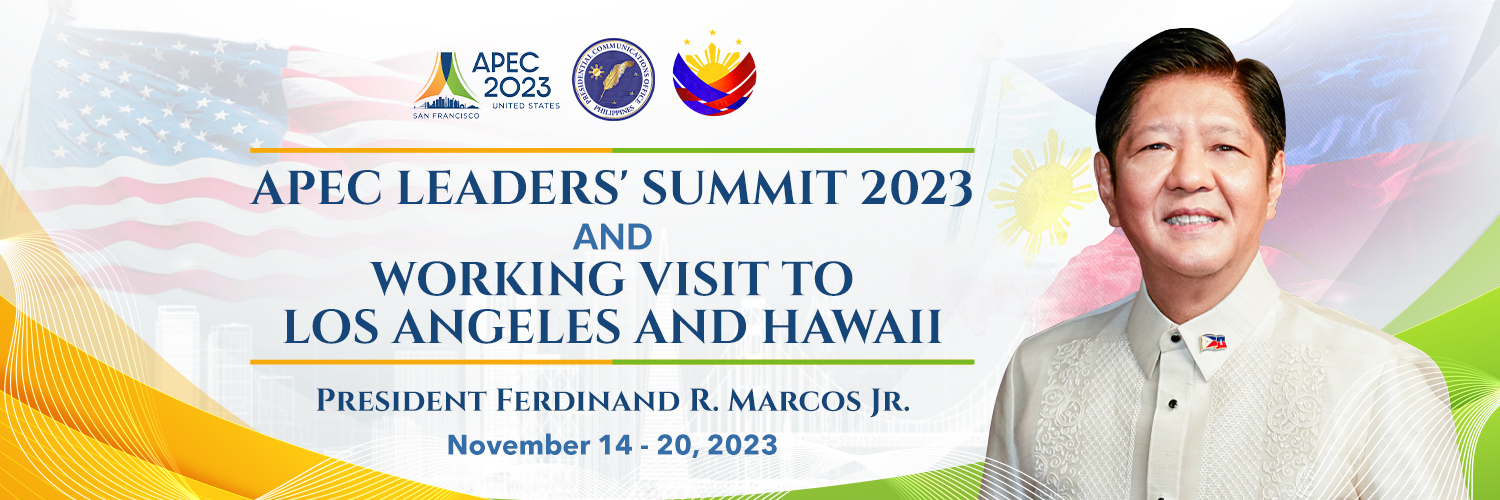
The Philippines is negotiating a separate code of conduct (COC) with other Southeast Asian countries with which the Philippines has a territorial dispute over the West Philippine Sea, President Ferdinand R. Marcos Jr. said on Sunday.
“We are now in the midst of negotiating our own code of conduct ,for example, with Vietnam because we are still waiting for the code of conduct between China and ASEAN and the progress has been rather slow unfortunately and so we’ve taken the initiative to approach those other countries around ASEAN with whom we have existing territorial conflicts,” President Marcos said during a question and answer session in the Daniel Inouye Speaker Series at the Asia-Pacific Center for Security Studies in Honolulu.
“And to make our own code of conduct and hopefully this will grow further in the extent — into the other ASEAN countries and at the very least we have that basis between — not only in the multilateral sphere as in ASEAN or APEC, all of these other organizations but also bilaterally with the different countries around ASEAN whom we have conflicts with, but with whom, I think, we can find a way to maintain the status quo,” he stated.
Among these Southeast Asian neighbors are Vietnam and Malaysia, he said, adding that the most primordial concern is to maintain peace in the region.
In the meantime, however, he said that the Philippines will continue to strengthen its partnership with the United States, the country’s only treaty partner, as well as with other like-minded nations and allies.
“But starting with that, we also feel that, the way forward is to strengthen our partnerships with all our neighbors and with all friendly nations who share our ideals, who share our aspirations, who share our values and the respect for the rule of international law,” the President pointed out.
“And this has been something that we have tried to develop and we have, I believe, have had some measure of success and we will continue to do this. But again, the bedrock of any of these partnerships is the partnership and treaty arrangement that we have, the Mutual Defense Treaty that we have with the United States,” he said.
The US, he said, has always been behind the Philippines in terms of support, not only in rhetoric, but also in providing concrete support.
The Philippines also receives similar backing from Australia, South Korea, and Japan, he noted.
Aside from support from its partners, the Philippines continues to increase its capabilities to be able to answer the challenges that it is facing, especially as China’s island-building efforts edge closer to Philippine shores, with its more confrontational stance.
“Now it’s becoming more and more often. Every so often, there is a confrontation between outside forces and Philippine forces,” he said. PND

